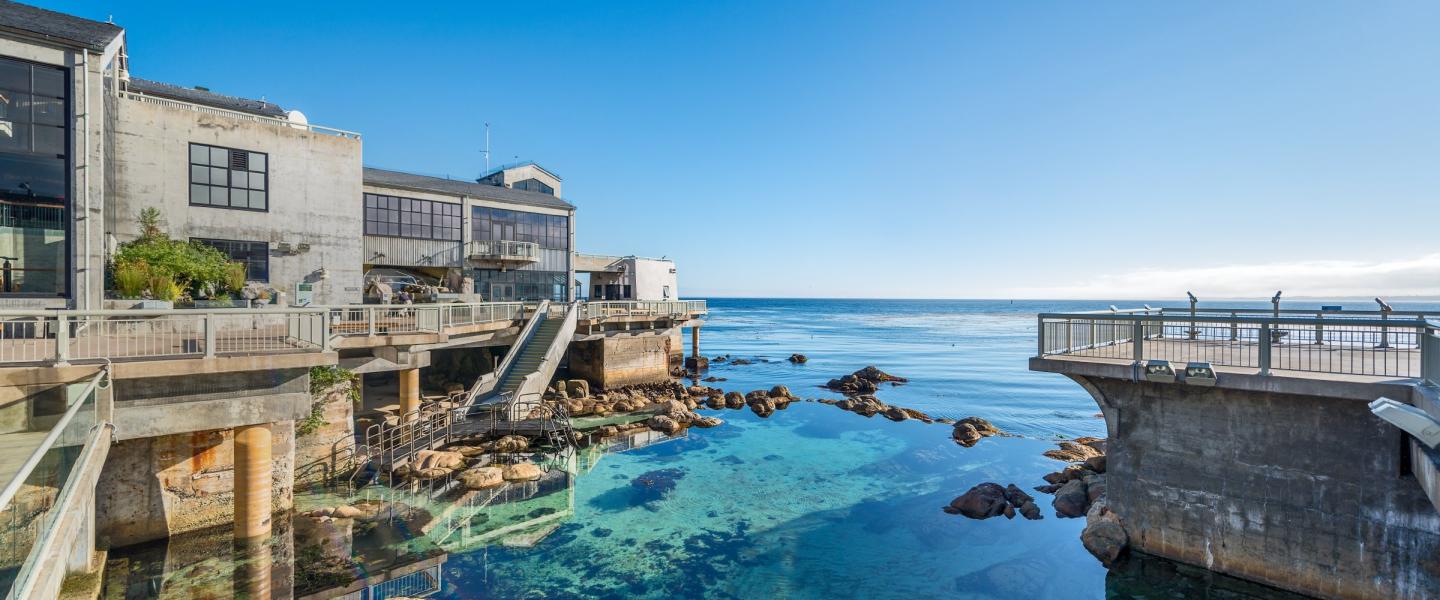Seafood Watch has issued a formal response outlining its ratings programme and human rights policy in a further example of positive engagement with Human Rights at Sea's (HRAS) Certification, Standards and Ratings Review.
HRAS welcomes this public reply, which follows on from a meeting between the two organisations in late June 2023.
Seafood Watch, which is run by the Monterey Bay Aquarium in California, outlined its long-term commitment to upholding environmental standards alongside its more recent development of the Seafood Social Risk Tool.
Seafood Watch has now joined several other organisations by formally responding to HRAS's report, including the Aquaculture Stewardship Council and the FISH Standard for Crew.
Continued Engagement
This engagement is growing further as HRAS prepares Version 2.0 of the report for publication. Throughout this process, HRAS will continue to fairly and transparently connect with scheme owners to understand their processes and aims and to advocate for greater protection of the human rights of those at sea.
Seafood Watch's Response
"Our Seafood Watch Environmental Ratings Program and Broader Work to Address Human Rights Issues
Monterey Bay Aquarium believes that sustainable seafood comes from fisheries and aquaculture operations that minimize harmful environmental impacts, ensure good and fair working conditions, and support livelihoods and economic benefits throughout the entire supply chain.
For over twenty years, our Seafood Watch program has evaluated the environmental impacts of fisheries and aquaculture supplying the U.S. market. We use a rigorous science-based assessment process to produce green, yellow, and red ratings and highlight areas needing improvement. The program is a trusted source of information for consumers and businesses who want to make environmentally responsible choices about seafood. Our information is being used to drive industry improvements in environmental performance and also plays a role in developing better science-based management and policy around the world.
Since 2015, the Aquarium's focus has evolved to include work to address important equity and human rights issues that exist in the seafood supply chain. We have developed resources, such as the Seafood Social Risk Tool, that can help businesses and policymakers learn more about how to identify and manage the risk of forced labor, human trafficking, and hazardous child labor in seafood supply chains.
When we work directly in specific regions or countries to improve the environmental sustainability of fisheries and aquaculture, we also work to understand and address the underlying drivers of human rights violations and social inequities. In this work, we are guided by our Social Sustainability Advisory Group, a group of academic researchers, human rights professionals, worker and producers' organizations, industry representatives, economists, and others who provide valuable strategic guidance and expertise.
For more information about Seafood Watch's environmental ratings and the Aquarium's work to address the social issues that are critical to sustainable seafood production, please visit www.seafoodwatch.org."
ENDS.
Contact: If you have any questions, please write to us at enquiries@humanrightsatsea.org
About Sharing. We welcome the use and dissemination of our work with proper accreditation. Please ensure that our Terms of Use are conformed with at all times.
Please donate today by CLICKING HERE
Photo credit: Monterey Bay Aquarium.
